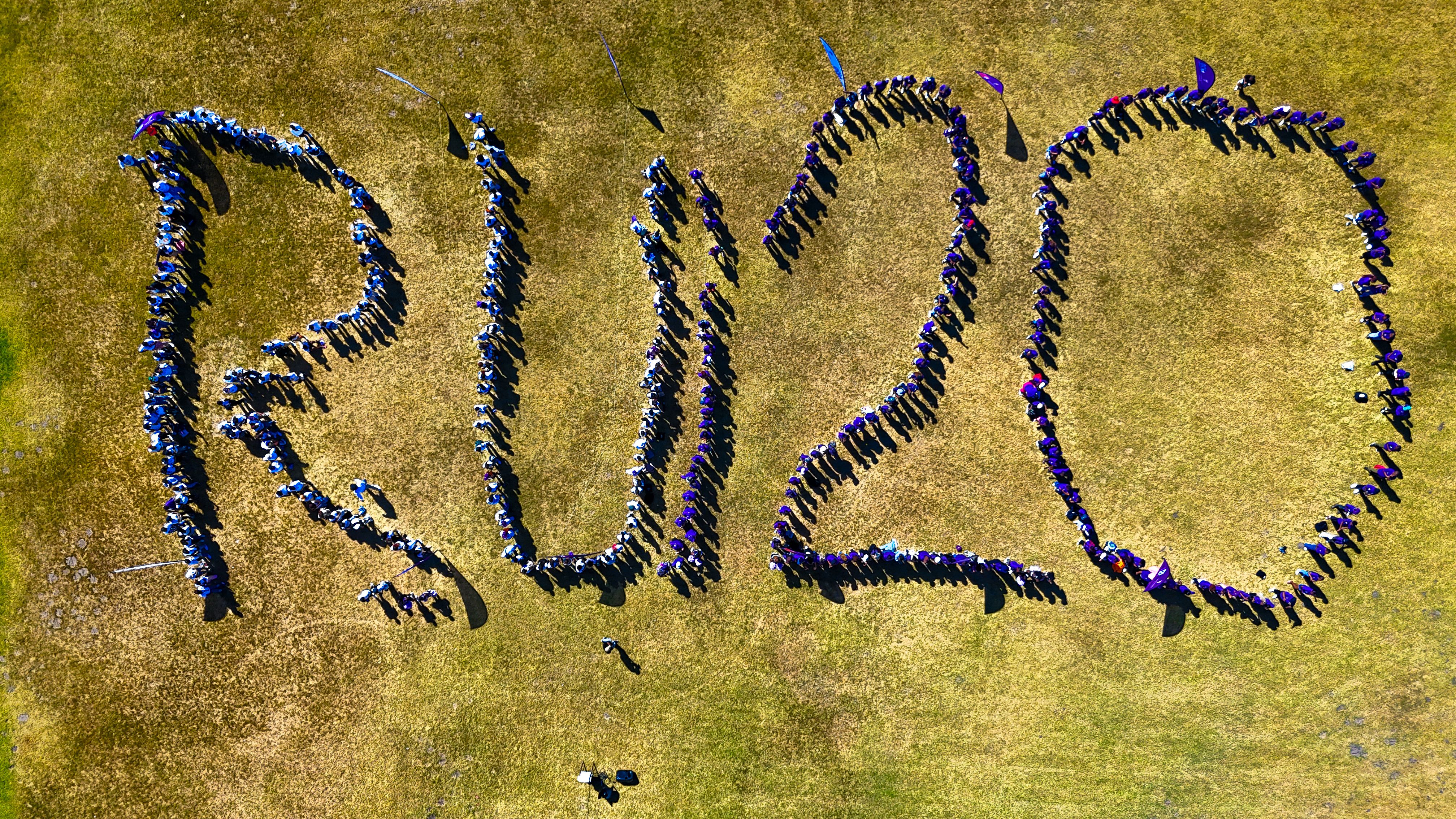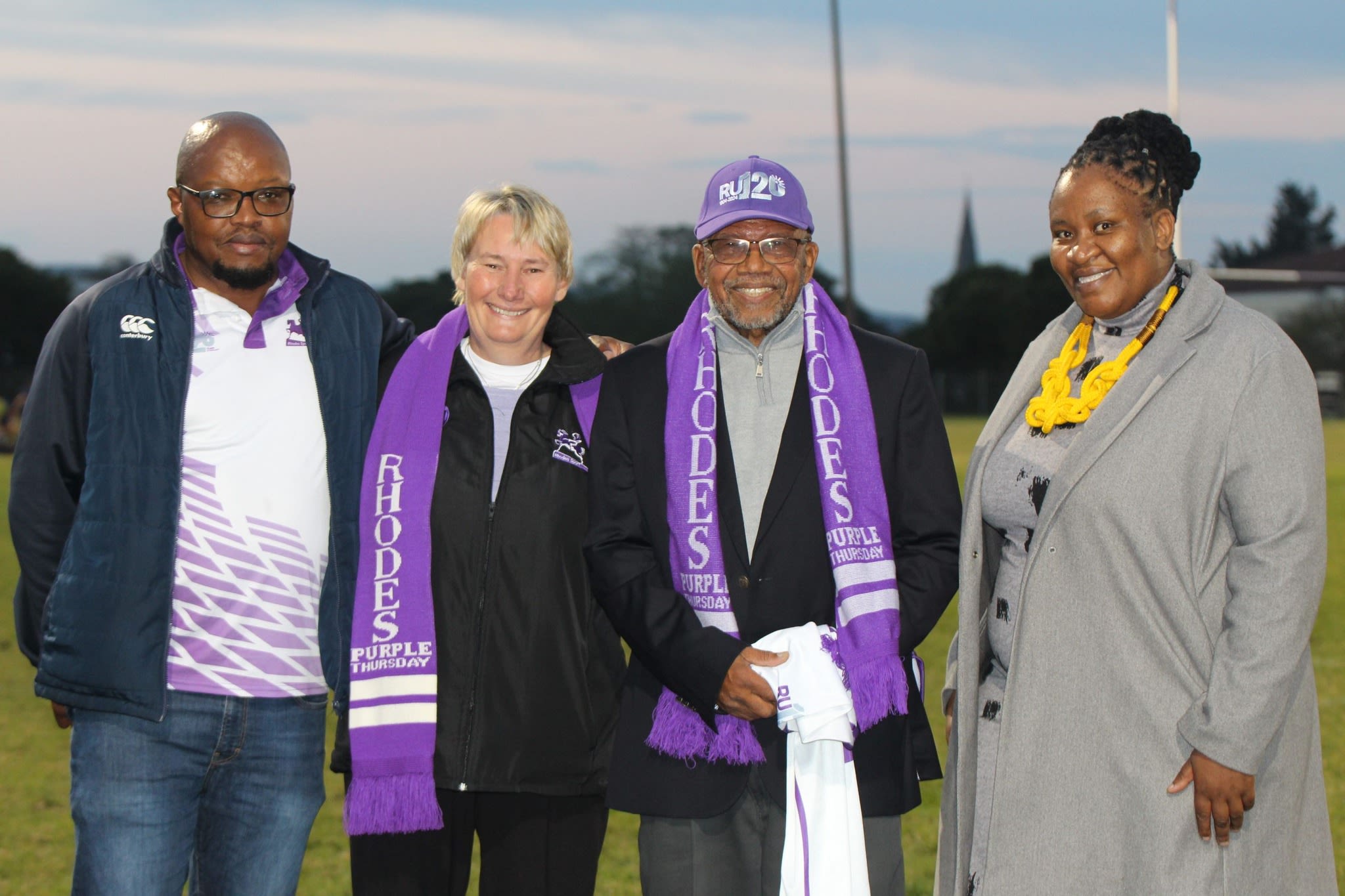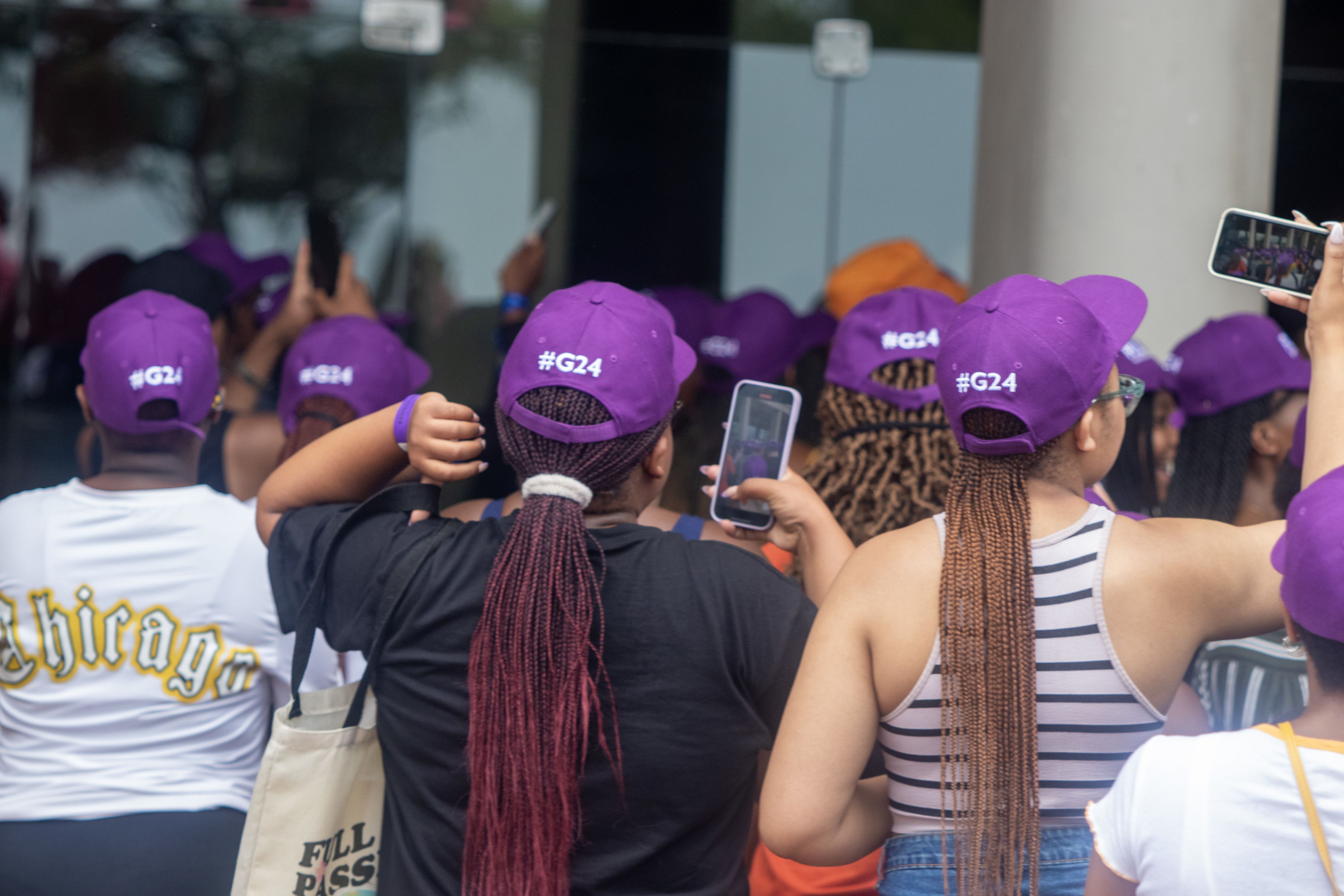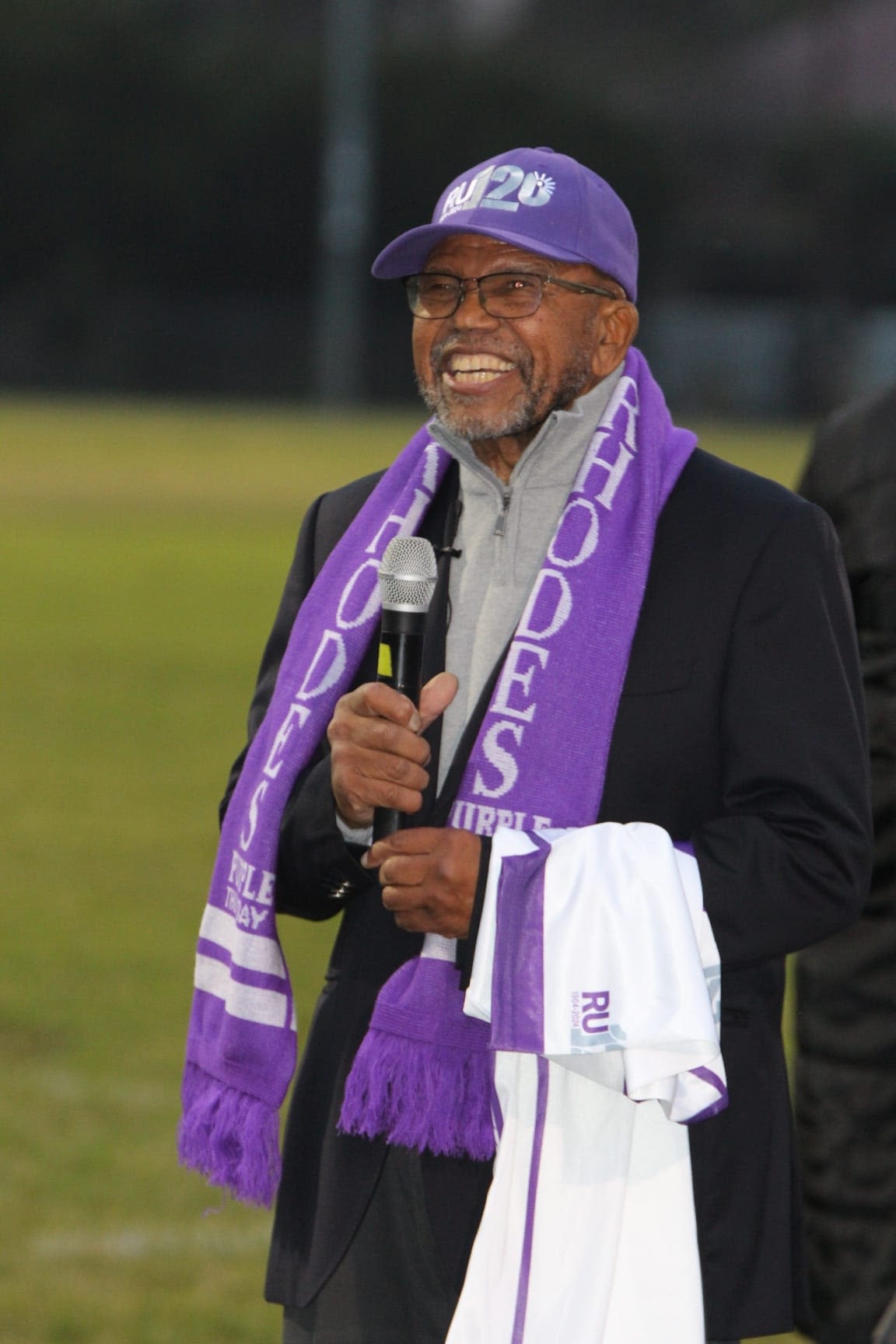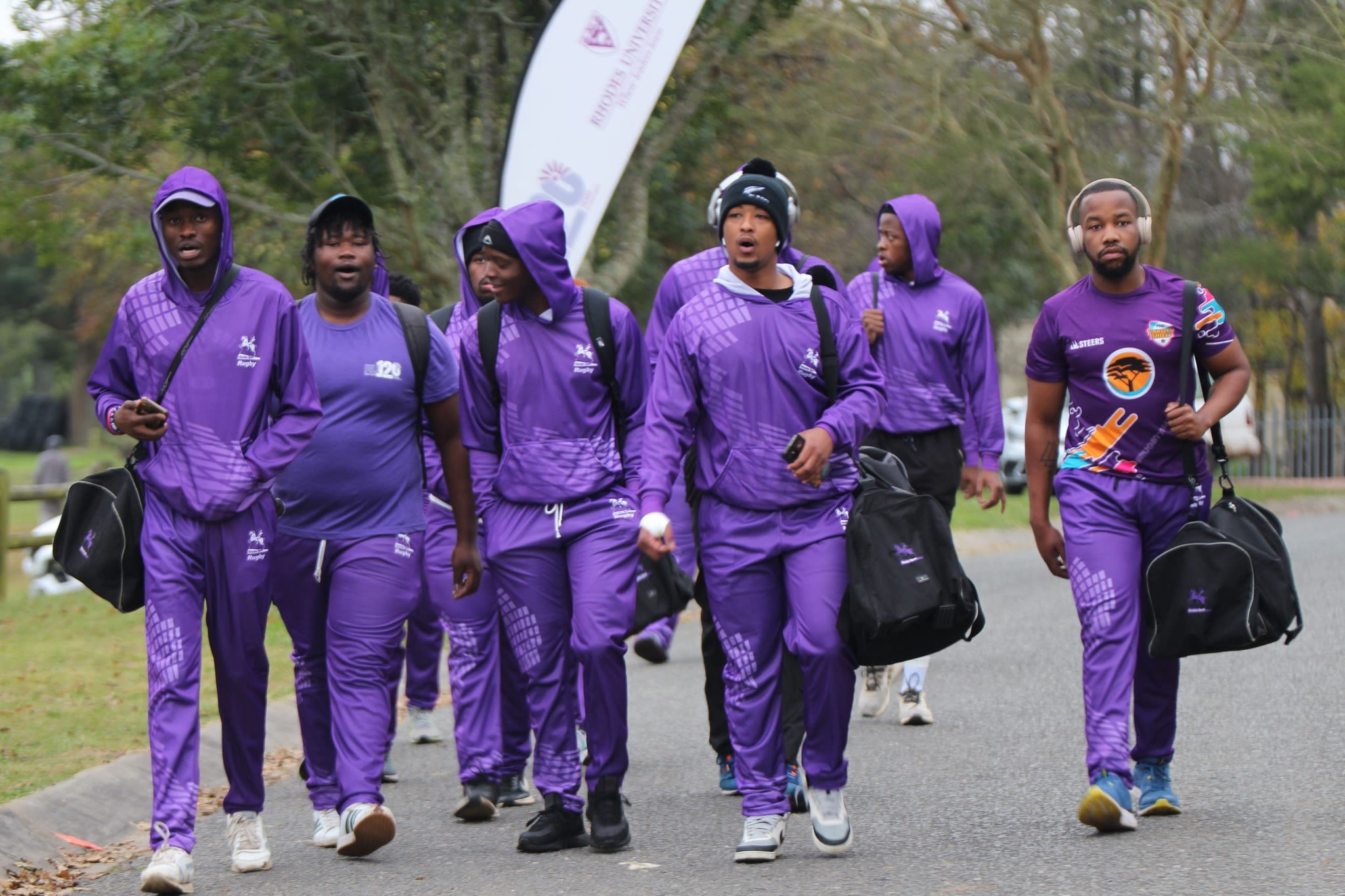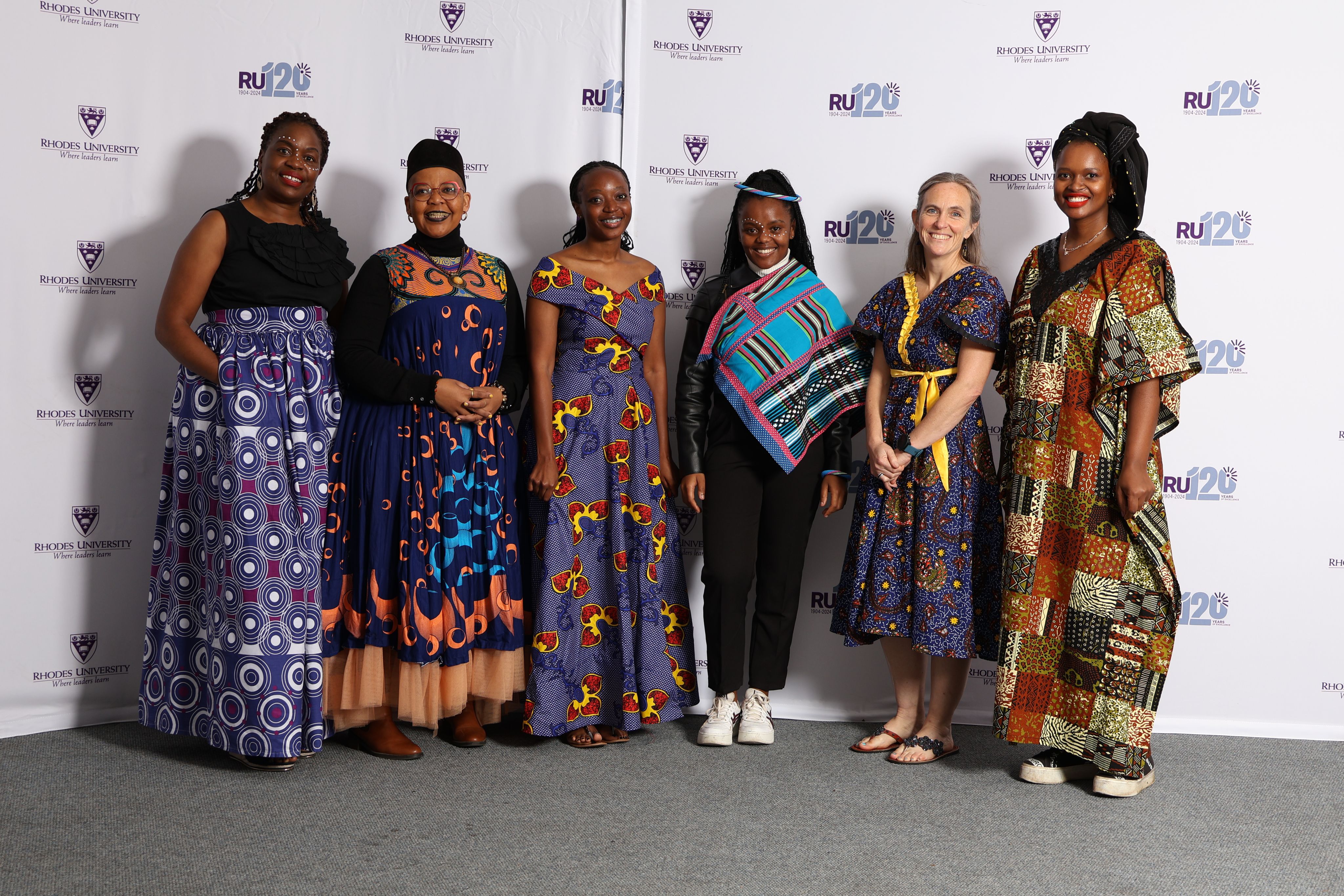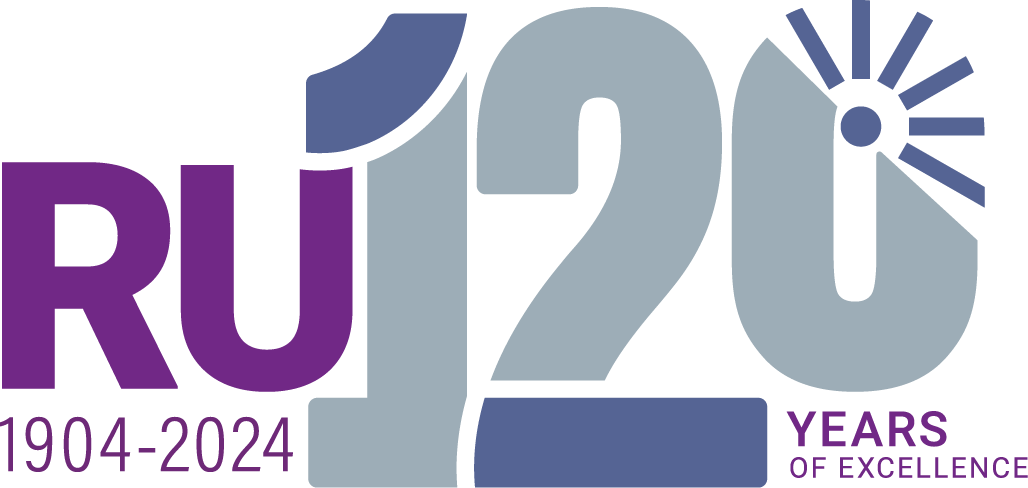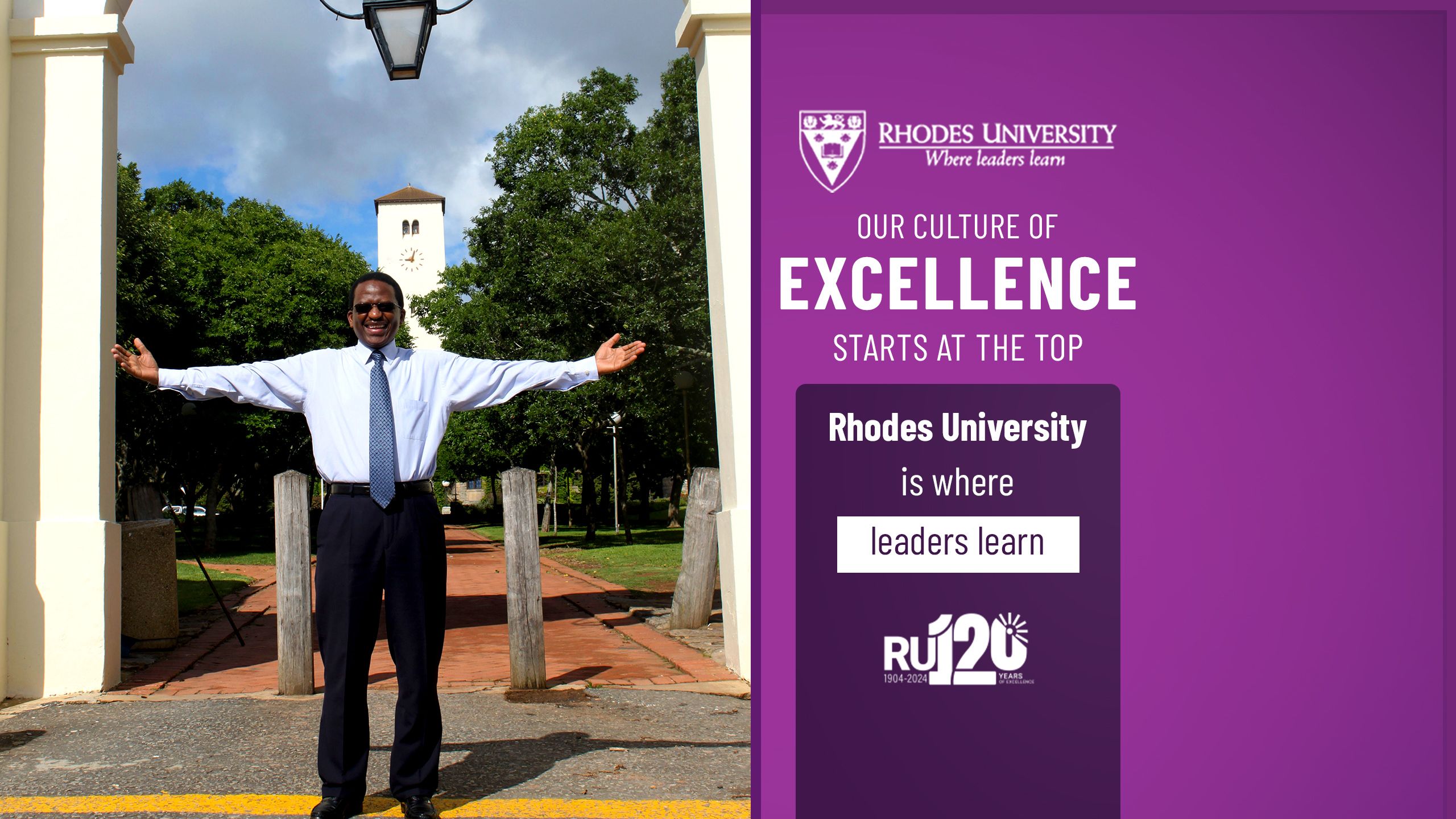WATCH | The art of change – the National Arts Festival and Rhodes University reflect on decades of collaboration
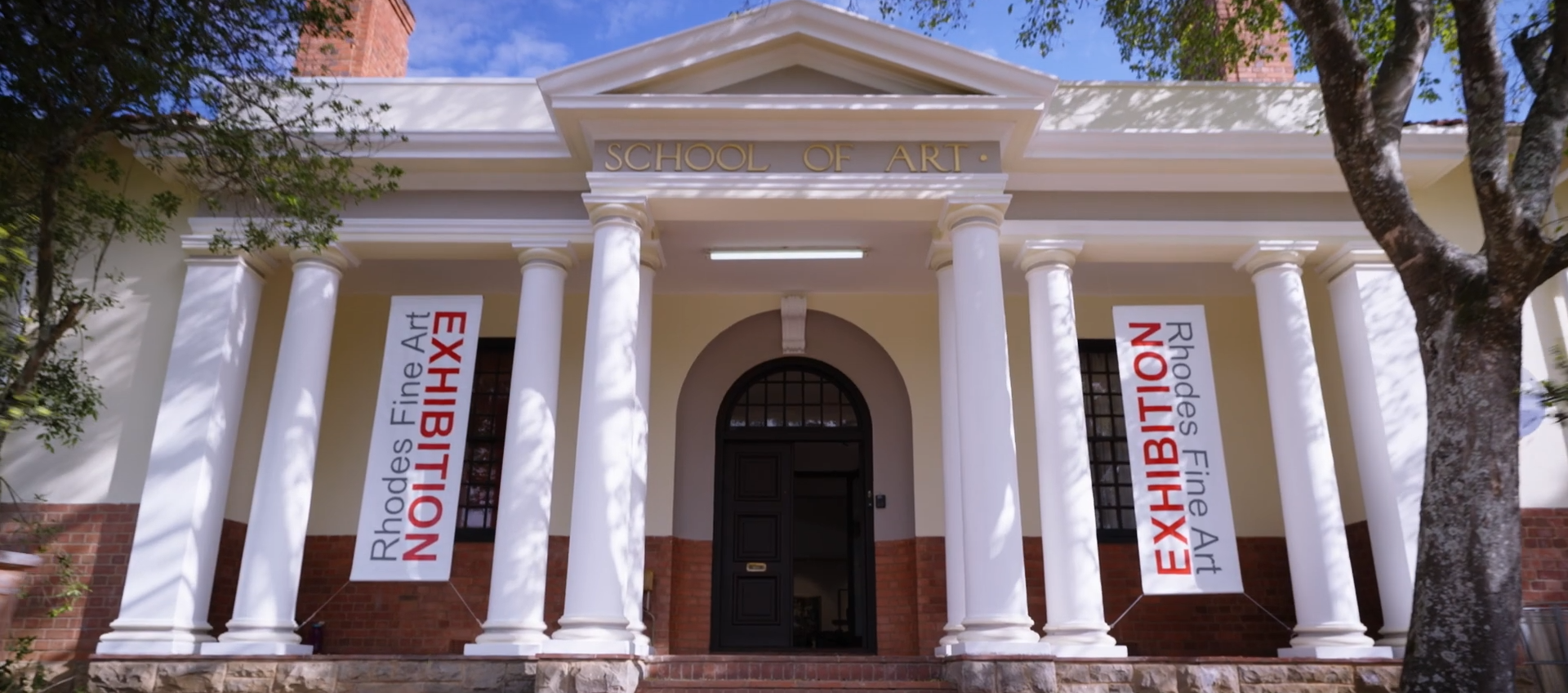
Each year in the quaint slopeside town of Makhanda, the National Arts Festival breathes vibrancy into a historic space.
Over the past 50 years, the festival and the town have celebrated and unearthed talented performers and artists – bringing them together in the storybook setting for a must-visit annual experience.
This year, as South Africa celebrates 30 years of democracy, the National Arts Festival was looking forward to how it can transform and grow while maintaining its status as an emblem of inclusion, expression, protest, and liberation through the arts.
“The festival has always stood for liberation, freedom, and alternative ways of thinking,” says Professor Heike Gehring, Head of Drama at Rhodes University.
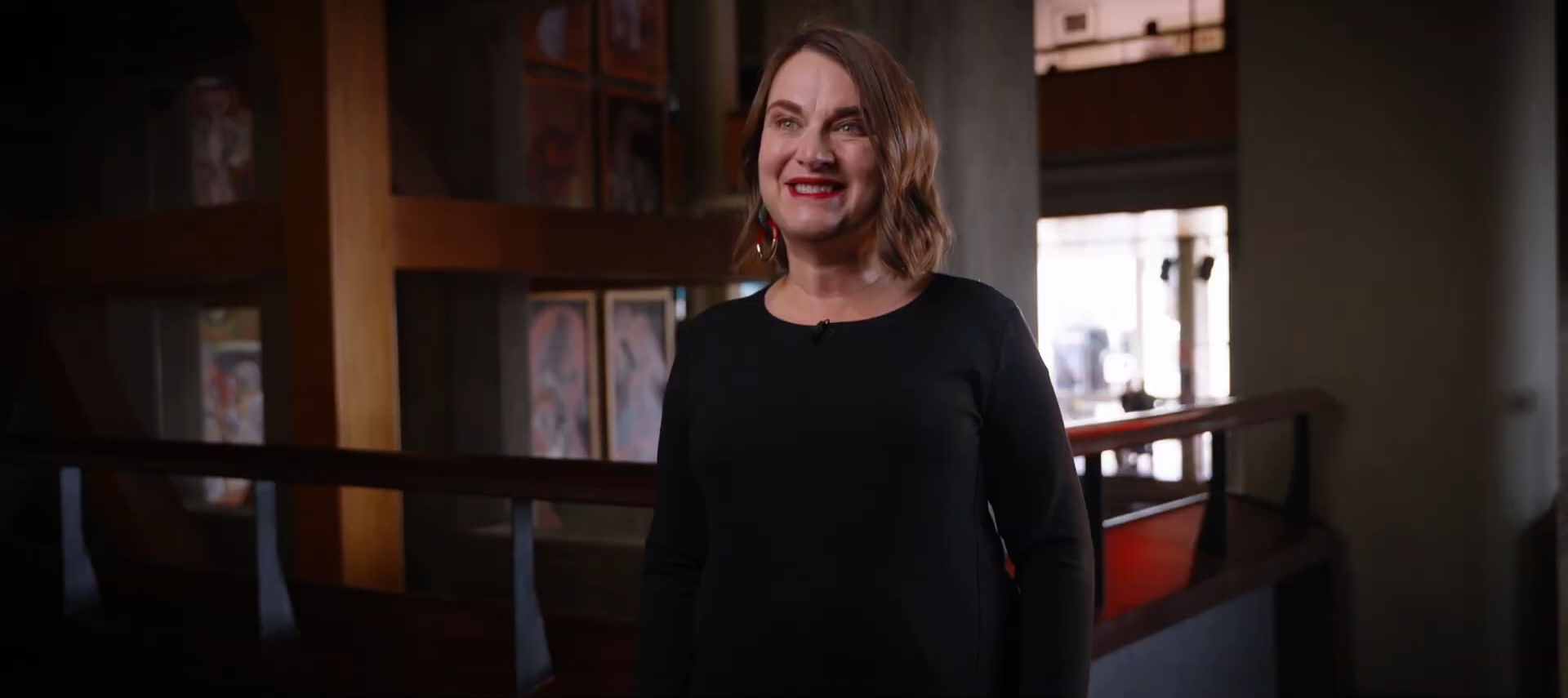
“During the apartheid years, it took a very strong stance against the apartheid government, and a lot of plays that were showcased here at the festival were actually protest plays that contributed to the liberation movement.”
During the 1980s, the drama department used playwright voices to find alternative ways of making theatre that closer resembled a democratic South Africa. Today, the festival remains dedicated to language, cultural diversity, and inclusion – having its roots in giving young performers a chance to showcase their skills.
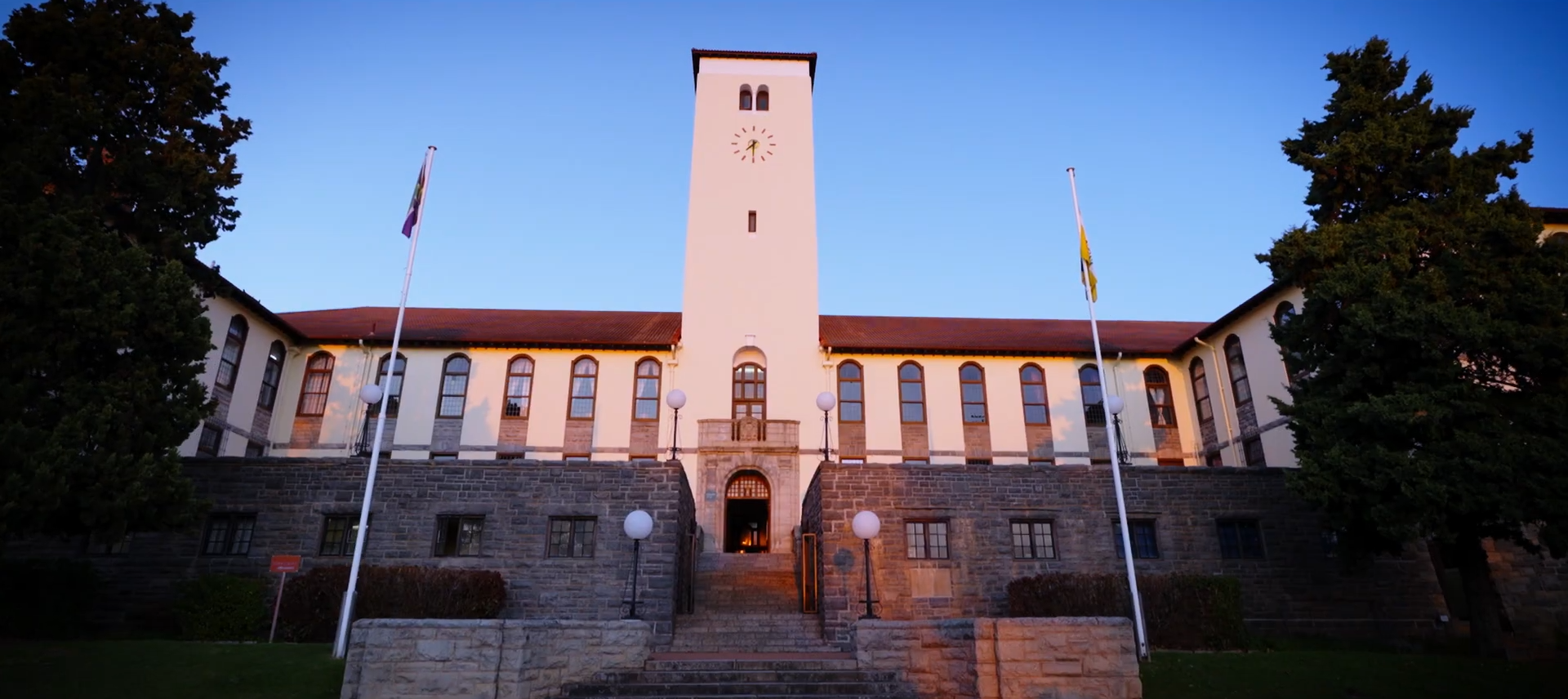
“The Festival wants to be a platform for various identities, for various cultures, and wants to give the sense that everybody has a right to speak. Everybody has the right to perform at the festival, no matter what your budget is or where you come from,” Gehring says. “In that way, it’s played a massive role in celebrating diversity and our democracy.”
Nobesuthu Rayi, Stakeholder and Partnerships Manager for the National Arts Festival, echoes these sentiments, saying that, just like other sectors play their role, the arts occupy their own space in our democracy.
“These kinds of festivals that take place around the country do play a pivotal role because, as our CEO, Monica Newton, says beautifully: ‘There is an important space and time for sport in our country because sport is the heart of the country – however, theatre, performance, and the arts are the soul of the country’,” shares Rayi.
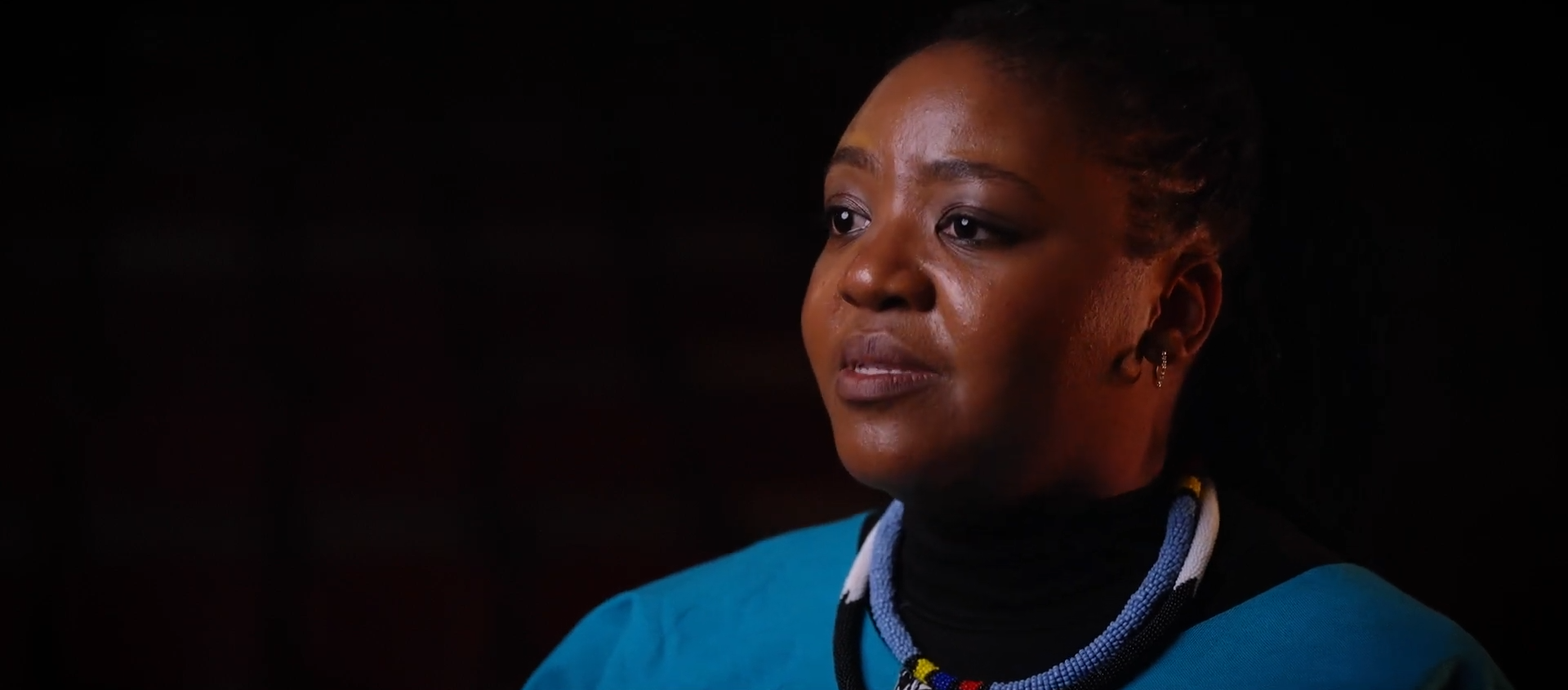
Like the artwork adorning the streets of the town, artists hold up a mirror to the public to reflect on their world, says Rayi. In future, the festival hopes to continue helping the community of Makhanda, continuing its legacy of being an integral element woven into the town’s fabric.
“Festivals of this nature are important, and we hope that we will thrive for the next 50 years to come,” she enthuses.
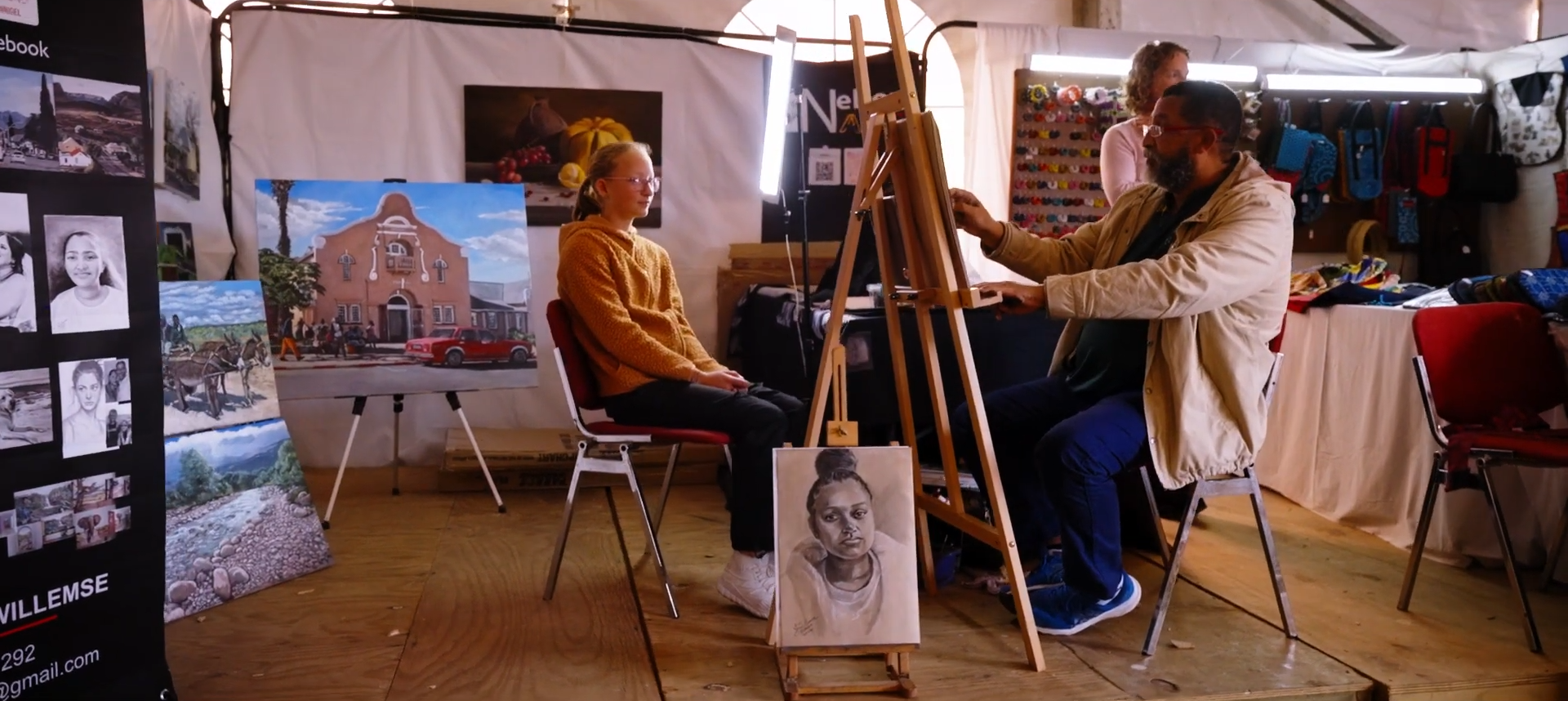
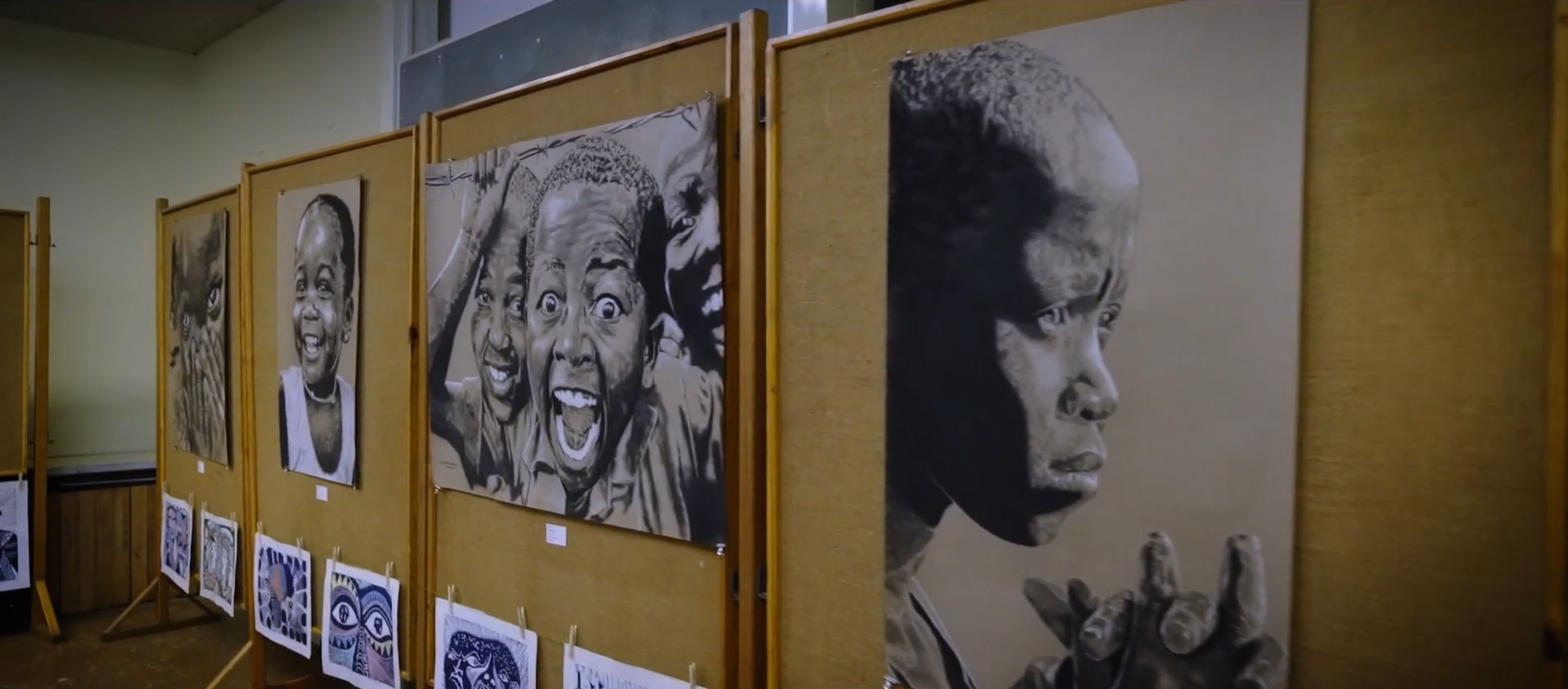
From young performer to star of the stage
The National Arts Festival has always been an event for young aspiring creatives to carve out a space and make a name for themselves in the industry.
Former Rhodes University student and present-day award-winning comedian, Rob van Vuuren is a testament to this fact, returning this year to put on his hit show Namaste Bae: Blessings and Kombucha. The comedian enthralled his audience through intense physical and interactive skits – leaving the crowd laughing and entertained.
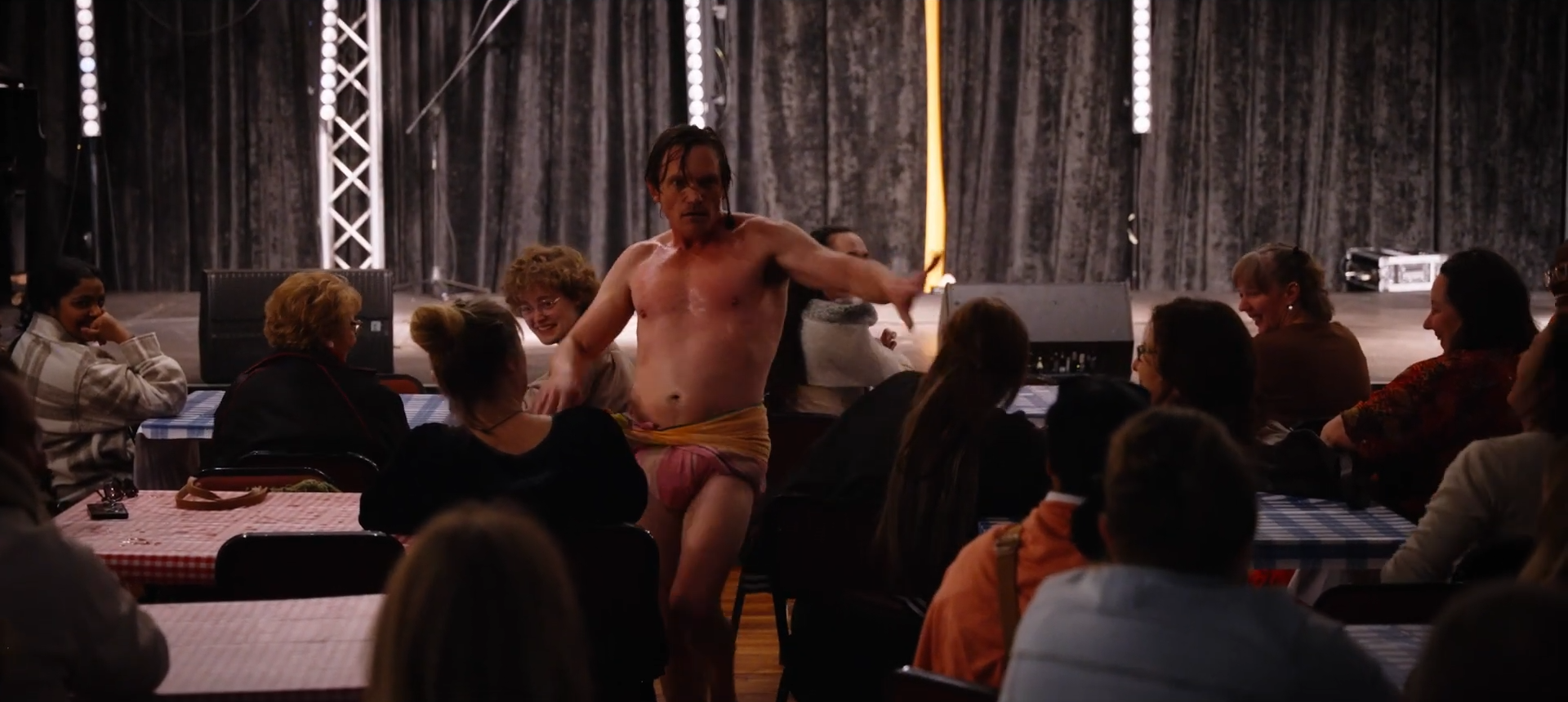
“My time here has shaped my identity as an artist, not only as a student but as a festivalgoer,” Van Vuuren says. “I came to this festival for the first time in standard eight [grade 10]. As a 16-year-old boy, I felt like I’d found my tribe – I’d kind of arrived home in a way that I hadn’t experienced before and decided straight away that this was where I was going to study, and this was where I was going to grow and shape myself as an artist. And I haven’t looked back since.”
His show, which started as a parody of an Instagram personality that went viral, has gone global as Rob sets out to tour international shores, with shows lined up in the US, Australia, as well as London and Edinburgh in the UK. But his love for the arts developed in Makhanda studying at Rhodes University and regularly attending the National Arts Festival.
During Rhodes University drama students’ second year of study, they get an opportunity to take part in a production at the festival. This not only inspires students to audition but also to conceptualise their own shows.
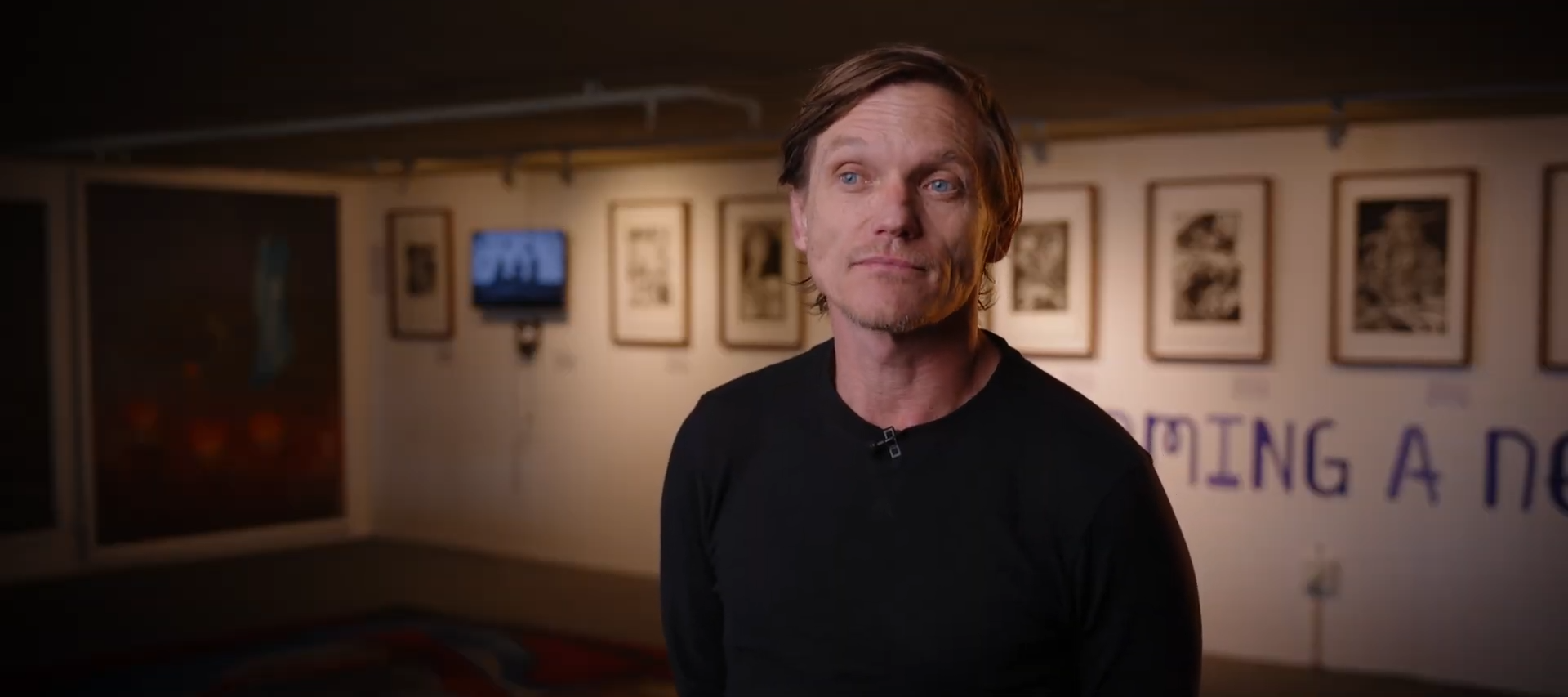
“We wrote our own show and put it on at one of the greatest festivals in the world – which we just happened to be living in,” Van Vuuren fondly recalls his time there.
‘If we do not celebrate us, who will?’
Another stand-out performance from this year’s 50th celebration in Makhanda was the legendary jazz performer and icon Sipho “Hotstix” Mabuse, who enthralled his crowd at the 1820 Settlers National Monument.
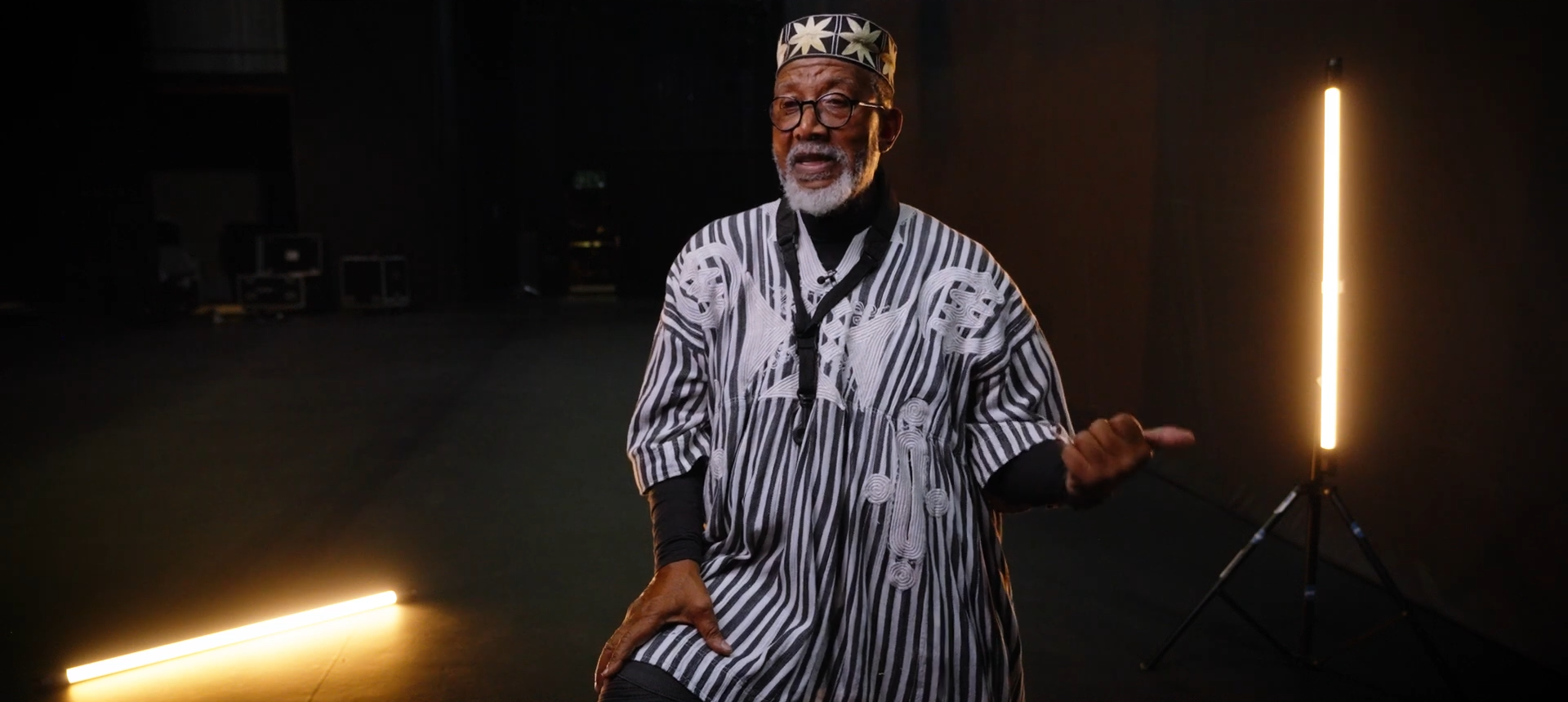
Following his performance, Mabuse said the arts are a central part of society that brings everyone together and he believes it also serves as a voice for the voiceless.
“If we do not celebrate ourselves, then who will celebrate us? I think, for me, for us to celebrate the arts is to create a very cohesive society where we appreciate each other – irrespective of our diversity. I’m grateful that I’ve been able to come down here and celebrate the arts with the people, especially in Makhanda.”
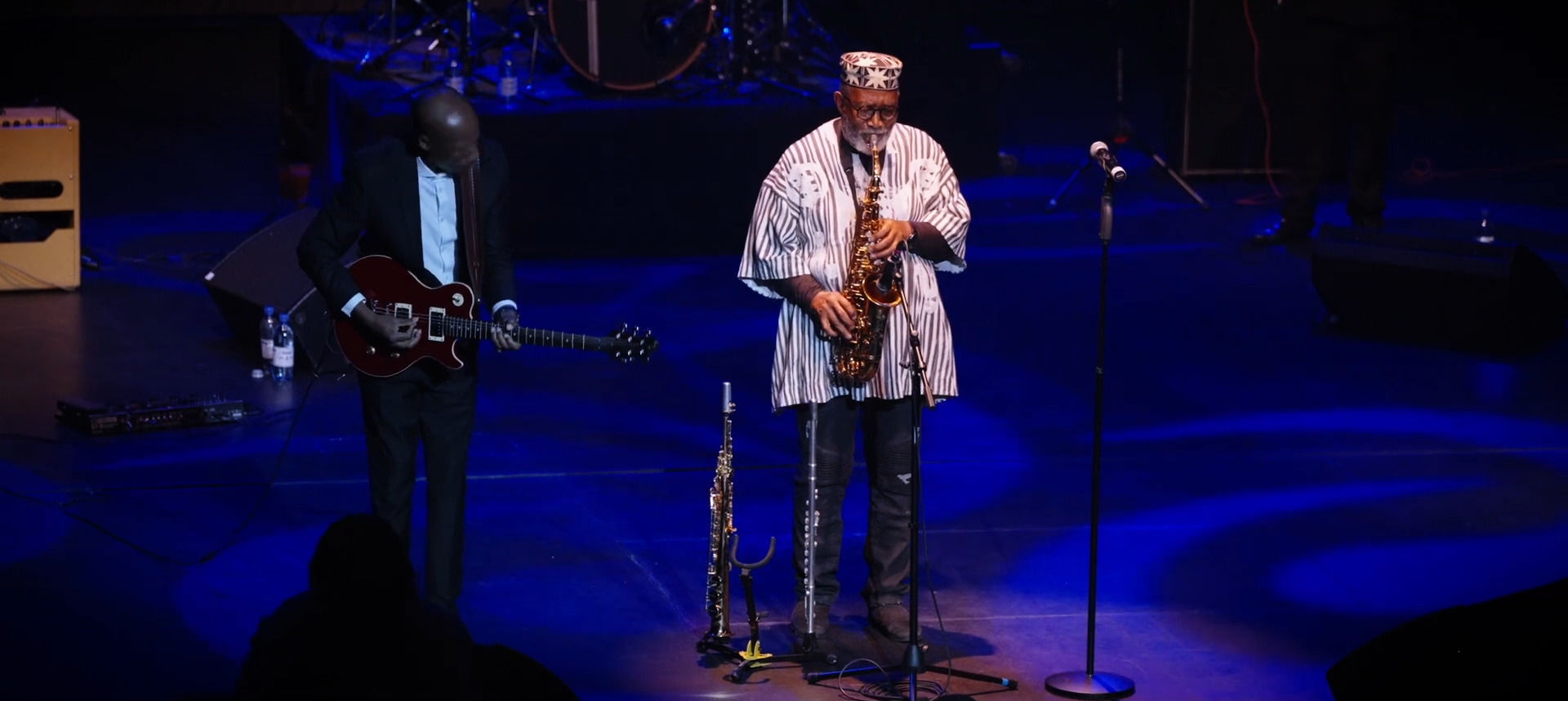
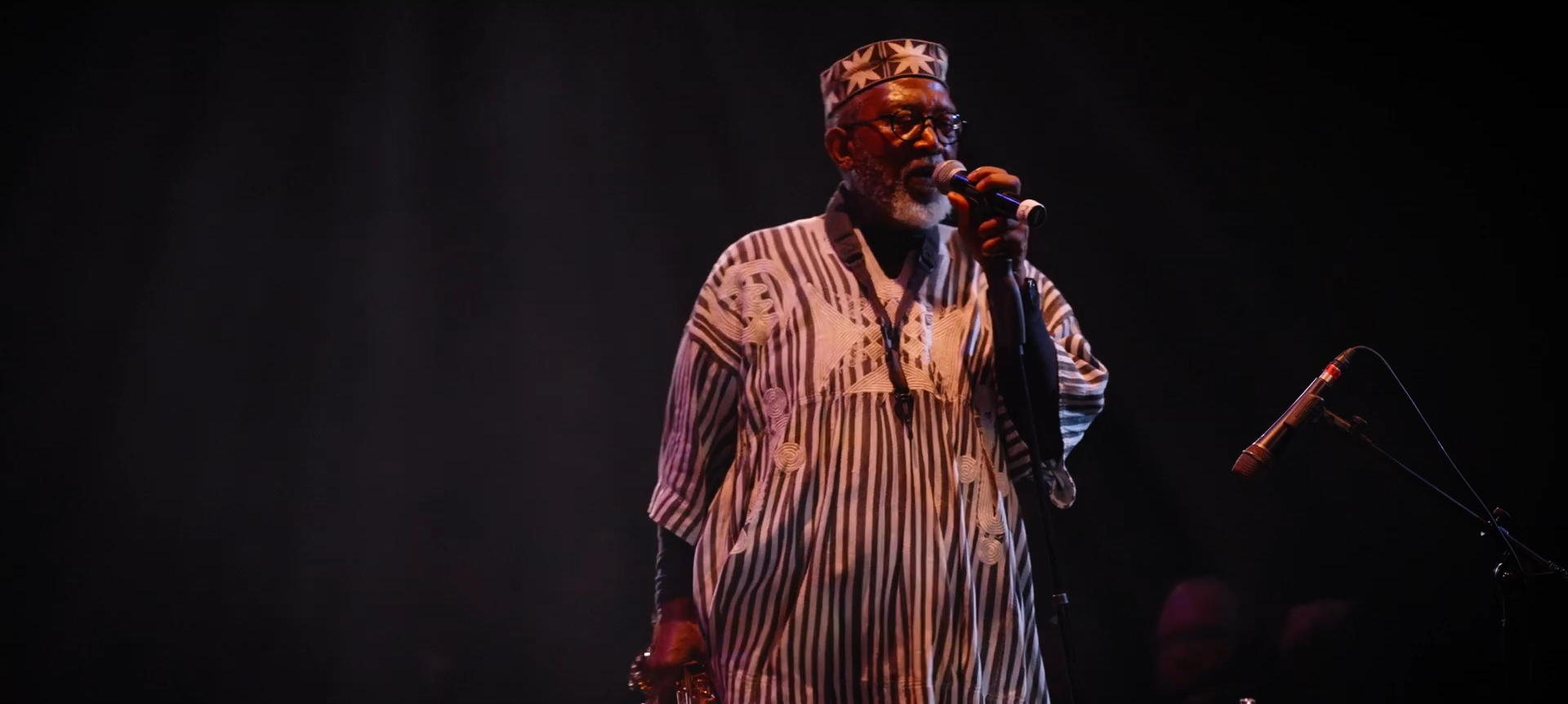
We will be capturing it all for you here on News24’s RU120 hub.
For further information about the festivities and dialogues planned around RU120 visit the regularly updated official RU120 website.
For easy donation to a cause of your choice…
RU120 Highlights
